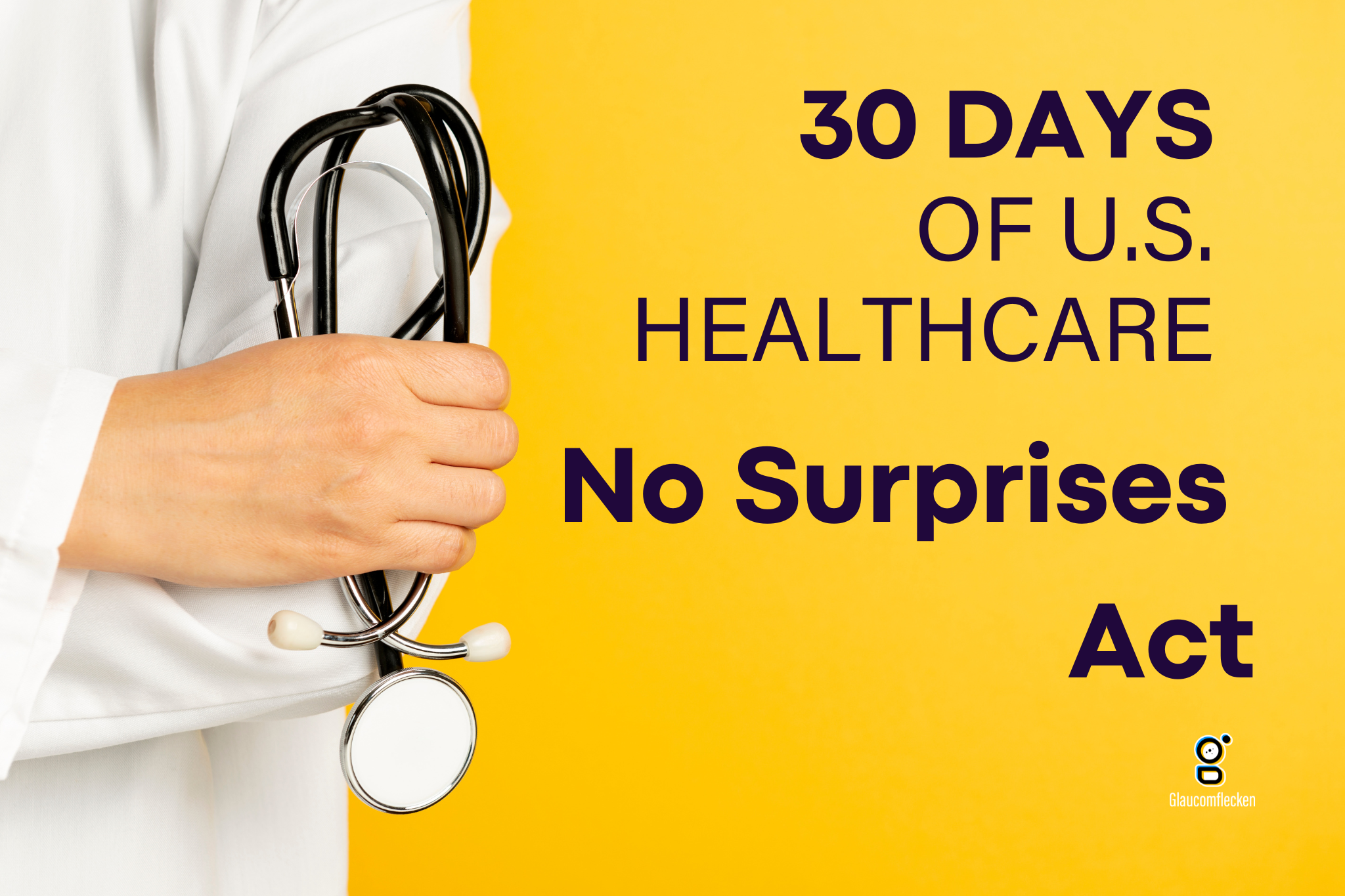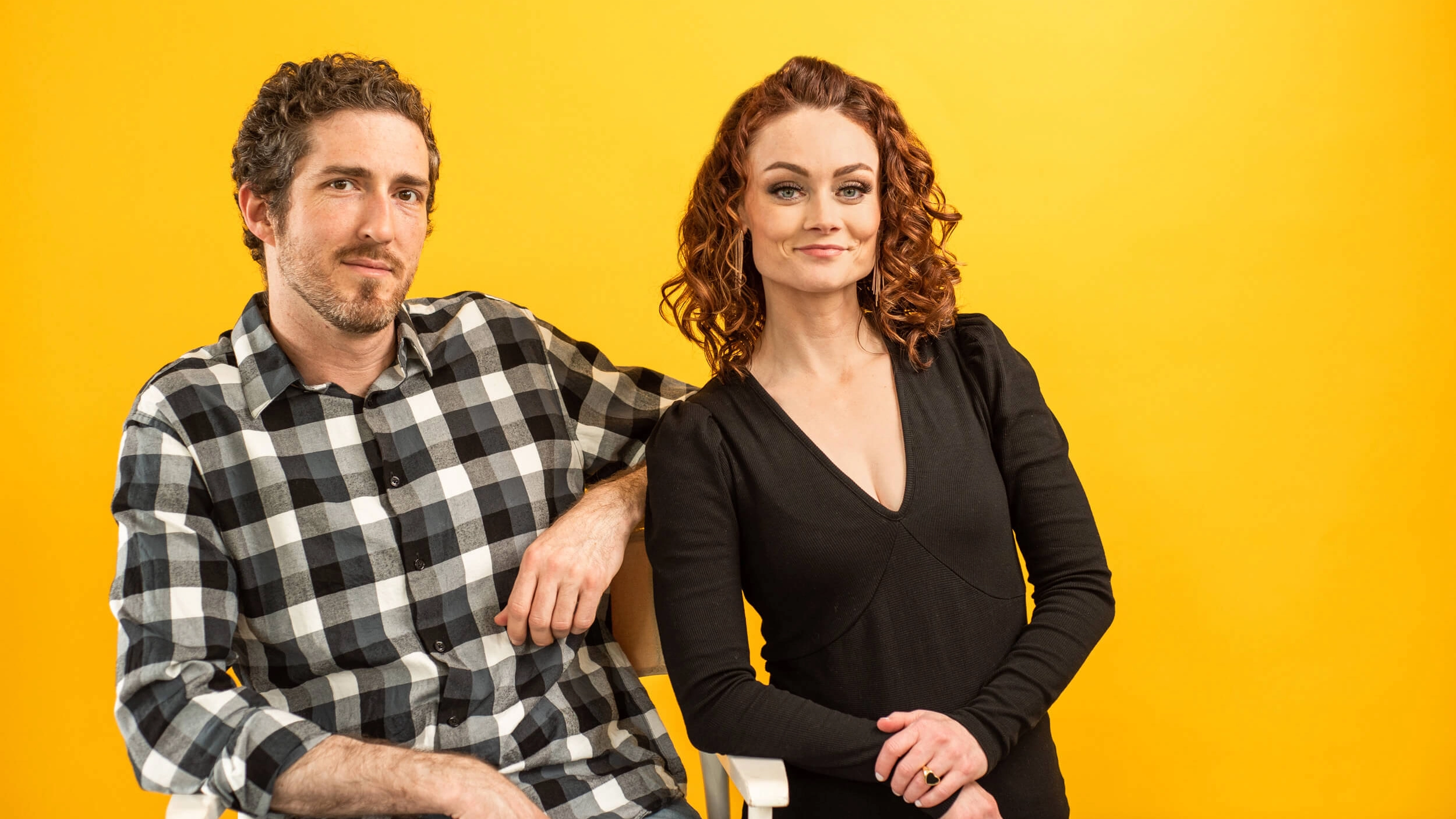Outrageously high medical bills are still a thing because of loopholes in Federal law.
This post is a part of our 30 Days of US Healthcare series. You can watch all the videos in this series on YouTube and learn more about the content behind the videos here.
To understand the No Surprises Act, you must first understand health insurance networks.
UGH, OK. WHAT IS A HEALTH INSURANCE NETWORK?
Doctors and hospitals contract with insurance companies to provide care to their customers for a specific price.
Suppose a doctor HAS A CONTRACT with your insurance company to provide services to members with your specific plan. In that case, that doctor is an in-network provider. Your insurance policy might refer to in-network providers as “preferred” or “participating” providers.
Suppose a doctor HAS NO CONTRACT with your insurance company for your specific plan. In that case, that doctor is an out-of-network provider. Your insurance policy might refer to out-of-network providers as “non-preferred” or “non-participating” providers.
Here’s where things get complicated. Sometimes, a hospital can be an in-network hospital. Yet, healthcare providers who are not in-network providers work within that hospital.
WHY DOES IN-NETWORK OR OUT-OF-NETWORK MATTER?
When billed out-of-network, you can literally be charged any amount the healthcare provider wants. No joke. There are no rules. And you are typically responsible for the total cost of the out-of-network care.
Brace yourself because your payment for out-of-network care typically does not count towards your deductible or your out-of-pocket maxim.
If you aren’t responsible for the total cost of your out-of-network care, your co-insurance and co-payment will usually cost you more than they do for in-network care.
HEALTH INSURANCE NETWORKS TIPS
Some states have network adequacy laws. These laws exist to combat the practice of insurance companies shrinking networks so small that patients encounter excessive wait times for appointments, must travel long distances, and can’t see certain kinds of providers.
You can see if your state has network adequacy laws with the National Conference of State Legislatures.
Contact your state insurance commissioner if your insurance company violates your state’s network adequacy laws. One recommended tactic1 to get connected to the person most likely able to help is to say, “I need to ask a question about a specific health insurance regulation.”
WHAT DOES ANY OF THIS HAVE TO DO WITH THE NO SURPRISE BILLING ACT?
Imagine this scenario. You have a cardiac arrest in your sleep at home. Paramedics rush in, get your heart beating, and load you into an ambulance. You end up in the ICU of your local hospital. When you get home, you start receiving bills. Some bills are extreme, and you try to figure out why they are so high and why your insurance isn’t covering any portion. You learn that while you were unconscious, you were lucky enough to end up at an in-network hospital, but some of the healthcare providers that helped to save your life were out-of-network.
So if your anesthesiologist is out-of-network, your bill for everything the anesthesiologist did and all of the supplies they used—while you were in the midst of a medical emergency, unconscious, and fighting for your life—can be 300 times what the hospital would bill your insurance.
This is for real. Hospitals could do this, and they did before the “No Surprises Act” took effect on January 1, 2022.
I’M AFRAID TO ASK. WHEN DOES SURPRISE BILLING STILL HAPPEN?
💰 When you need an ambulance. You know, when you are at your most vulnerable. Air ambulances cannot send surprise bills, but the No Suprises Billing laws do not regulate ground ambulances.2
💰 After your emergency, when you are receiving services to stabilize your condition. Hospitals provide post-stabilization services in the emergency room or another hospital department. See the tips below because this can only happen if you sign a consent form.2
💰 If you have a vision and dental-only insurance plan.2
💰 If you have a short-term limited duration and health care sharing ministry plan.2
💰 If you have fixed indemnity excepted benefits plans, like hospital indemnity insurance.2
SURPRISE BILL TIPS
If your state has a law against ground ambulances sending excessive bills, call the ambulance company and inform them that you know the law. If your state doesn’t, call and ask for a lower bill.
When checking into an emergency department, if you must sign forms, don’t sign the billing portion of the form. Ask for a paper copy of the document to cross out the portion that says you consent to pay whatever price you are billed. As recommended in the book Never Pay The First Bill,3 you can add the following statement and then take a photo of the form for your records.:
“I consent to appropriate treatment and (including applicable insurance payments) to be responsible for reasonable charges up to two times the Medicare rate.”
During your emergency, if you are approached when transitioning to post-stabilization services to sign a billing consent form, don’t sign it. This gives the hospital permission to bill you whatever they want if you are being seen by an out-of-network provider or if you are at an out-of-network hospital.
Be careful. Sometimes, this form is called a Surprise Billing Protection form. If you sign this form, it doesn’t actually protect you from surprise billing. It gives the provider permission to bill you whatever they want. It’s a dirty trick, and it’s gross.
If you are facing surprise bills, consider reaching out to a patient advocate.
1 Allen Marshall. Never Pay the First Bill: And Other Ways to Fight the Health Care System and Win. Portfolio/Penguin 2021, p 47.
2 “Know Your Rights with Insurance.” CMS.Gov, www.cms.gov/medical-bill-rights/know-your-rights/using-insurance#exceptions.
3 Allen Marshall. Never Pay the First Bill: And Other Ways to Fight the Health Care System and Win. Portfolio/Penguin 2021, pp 121-122.


